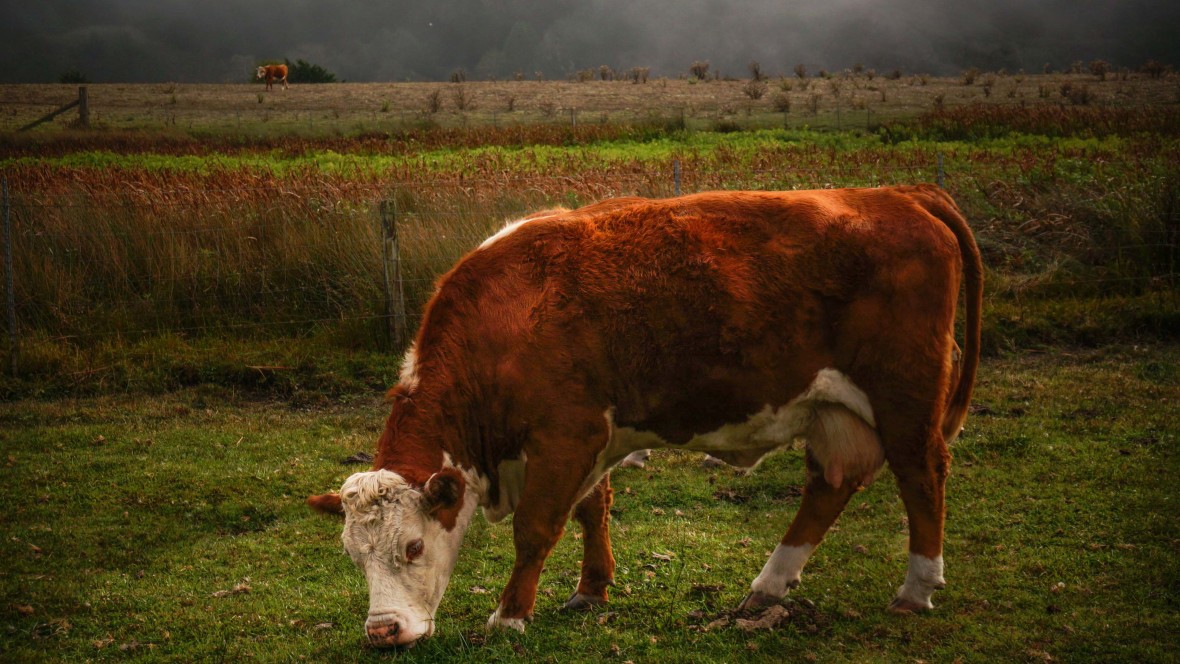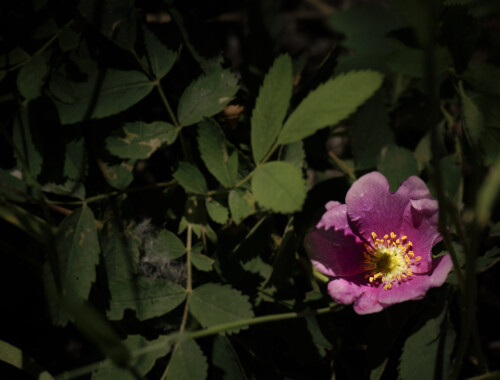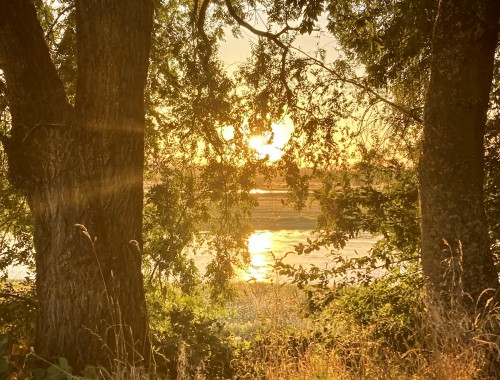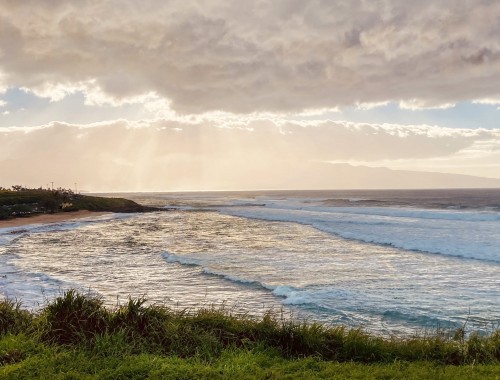The cow grazes until nightfall, full and fat,
but during the night she panics
and grows thin as a single hair.
What shall I eat tomorrow? There is nothing left.
By dawn the grass has grown up again, waist-high.
The cow starts eating and by dark
the meadow is clipped short.
She is full of strength and energy, but she panics
in the dark as before and grows abnormally thin overnight.
The cow does this over and over,
and this is all she does.
From Rumi’s A Small Green Island, translated by Coleman Barks
I first heard this poem about the cow that eats all day, only to starve at night on her fear, when I was in my mid-twenties and searching.
A man read it aloud on a CD in that lilting, irregular way Rumi is often performed. I hated the poem when I first heard it. The stanzas made me ache with self-recrimination. How often had I been this cow? Safe when I trusted, but oh when I fed on doubt…
Pain and trust have been on my mind in light of recent world events. It seems to me that they are more than the fabric of our culture, they are the very air we breathe.
The cow and the disparity of wealth in our world feel related to me. And the more I chew my cud on it, the more they feel rooted in the premise that ours is a finite structure. There are finite resources, finite opportunities. A finite amount of money in the treasury.
And there may not be enough of it to go around.
Some of this finite thinking is accurate. The earth will not give us endless fossil fuels. And each of us has a certain number of years—or mere minutes—on this planet. In this body. Growing lean or growing fat.
But what if the finite notion of the haves and have-nots is a load of bull?
What if we weren’t really designed for inequity or limitation at all?
Suppose—just suppose—that no one person was built better, faster, smarter, cooler, or more perfect than her neighbor, his state senator? Suppose the sun doesn’t shine more brightly on one person over another. Suppose each of us is equally motivated, in our way?
Would this change the world? I say no.
Because suppose it is already so. An indivisible truth that we all share an equal footing—if not by circumstance then by our birthright as divine humans who come to search, rise, fall, triumph, fail, and search anew.
But equality won’t change the world until we believe it. Until we really ask each another, “Can this be so?” Like Rumi’s cow, we make ourselves thin as a hair in the darkness of our fear, our doubt. Why don’t we take some of that power to reduce and turn it back into the real magic that it is? Why don’t we believe in how tremendous we all are?
We have the power to make anything, you and I. Starvation or plenty. Progressive fuel solutions or an earth that propels us into space we have made her so uninhabitable. We make love and terror. A painting, a bagel. An equation that will change the history of mankind.
My favorite subject when I was a kid wasn’t math; it was reading. And my favorite story was Paul Galdone’s The Magic Porridge Pot. In it the porridge pot produces endlessly for the story’s heroine, a little girl. What a gorgeous image, all that flowing porridge! The story spoke to me metaphorically and literally because even then I worshipped at the altar of carbohydrates. I dreamed of all that food. I could taste it thick and sweet in my mouth as I read.
It was almost better than a real bowl of porridge. I could read and read and imagine and have it as often as I wanted. That imagining fed me in ways I’m still unpacking. All that food flowing in the streets…
I am convinced that we create everything—absolutely everything—including magic. And we do it by dreaming first. Time to dream is worth a hundred careful plans. It’s a luxury we may not have allowed ourselves since we were young and reading stories and gazing out of windows between cyphering equations. I mean, really. Think about it! Someone, somewhere, invented porridge didn’t they?
Could be they did it in a sudden stroke of genius, or could be they spent a little time first dreaming up new ways to get fed.



